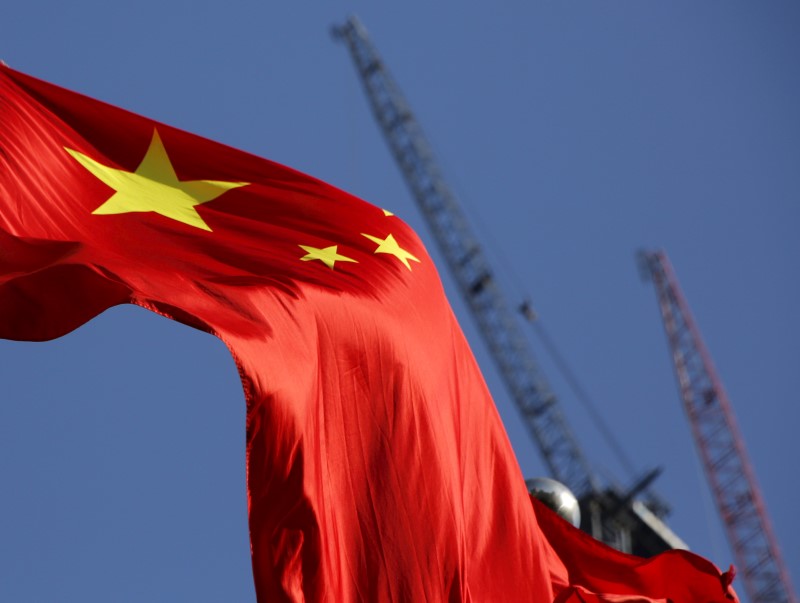By Gina Lee
Investing.com – China’s manufacturing activity accelerated at a slower-than-expected pace in April, indicating the economy continues to recover but at a slower pace on the back of strong demand.
Data released by the National Bureau of Statistics (NBS) earlier in the day said that the manufacturing Purchasing Managers’ Index (PMI) for April was 51.1, lower than both the 51.7 in forecasts prepared by Investing.com and March’s 51.9 reading. The non-manufacturing PMI was 54.9, also below its March reading of 56.3. However, both remained above the 50-mark indicating growth.
In the private sector, the Caixin manufacturing PMI for April was 51.9, above the 50.8 in forecasts prepare by Investing.com and March’s 50.6 reading. Investors now await the Caixin services PMI, due in the following week.
The figures showed “China’s economy continued to recover steadily," but “some surveyed companies said problems such as chip shortages, poor international logistics, shortages of containers, and rising freight rates are still serious,” NBS economist Zhao Qinghe said in a note.
The note added that a slowdown in manufacturing supply and demand, as well as rising cost pressures, also remain as challenges.
Meanwhile, stronger consumer confidence is boosting services industries as the country lifted travel restrictions earlier in the year.
On the construction side, however, the outlook is more complicated as the government eased debt sales to finance infrastructure projects. It also approved fewer fixed-asset projects which dropped sharply in the first quarter compared with 2020. The real estate market is also facing stricter financing rules.
The “services PMI slowed more than manufacturing PMI due to deleveraging reform in the real estate sector, and this will continue,” Iris Pang, chief economist for Greater China at ING Bank NV in Hong Kong, told Bloomberg.
However, she projected a rebound due to a five-day holiday starting Saturday.
Elsewhere in Asia, Japanese industrial production rose 2.2% month-on-month in March, higher than the 2% growth in forecasts prepared by Investing.com and February’s 1.3% contraction. The Tokyo core Consumer Price Index contracted 0.2% year-on-year in April, as per expectations but lower than March’s 0.1% contraction.
